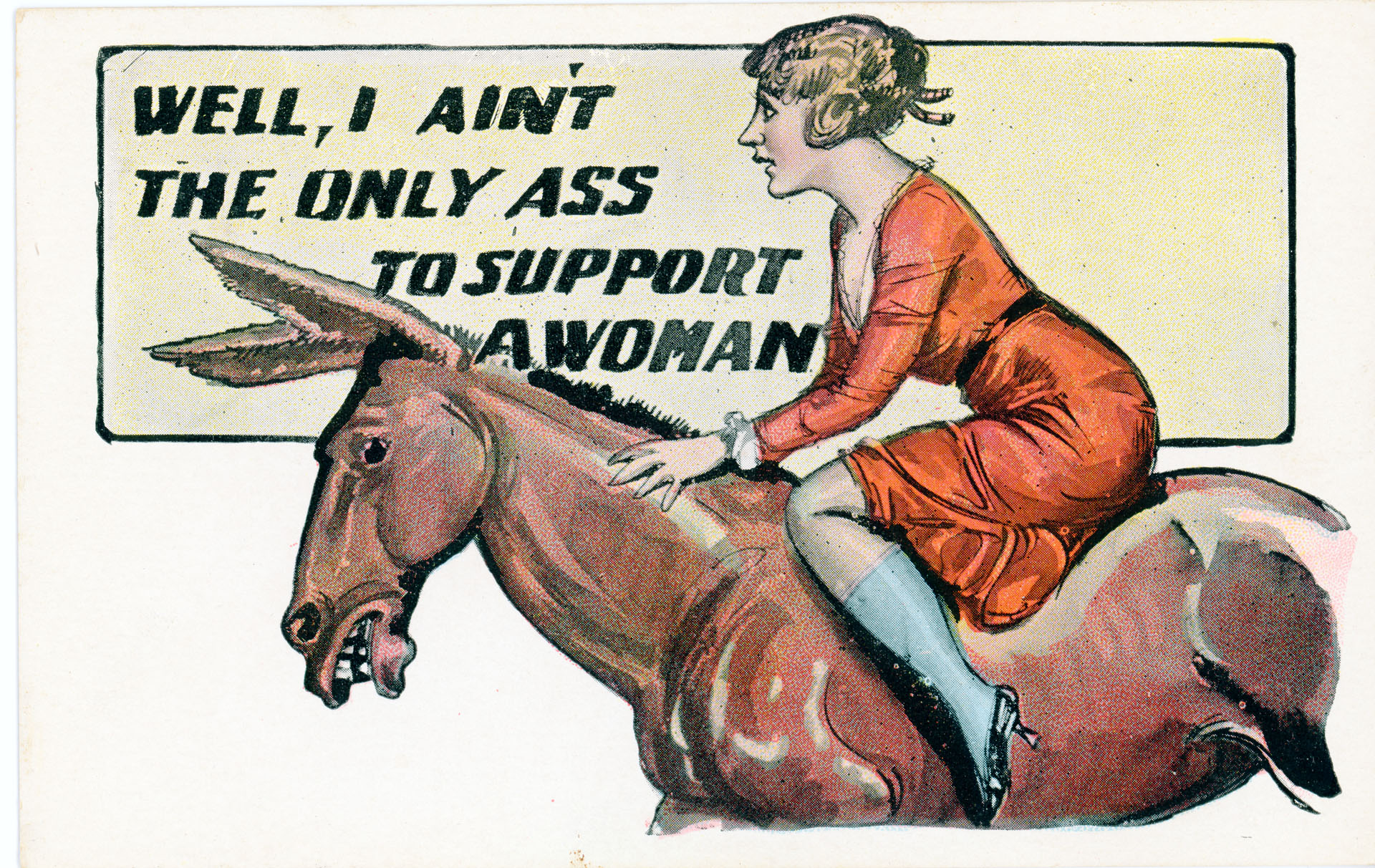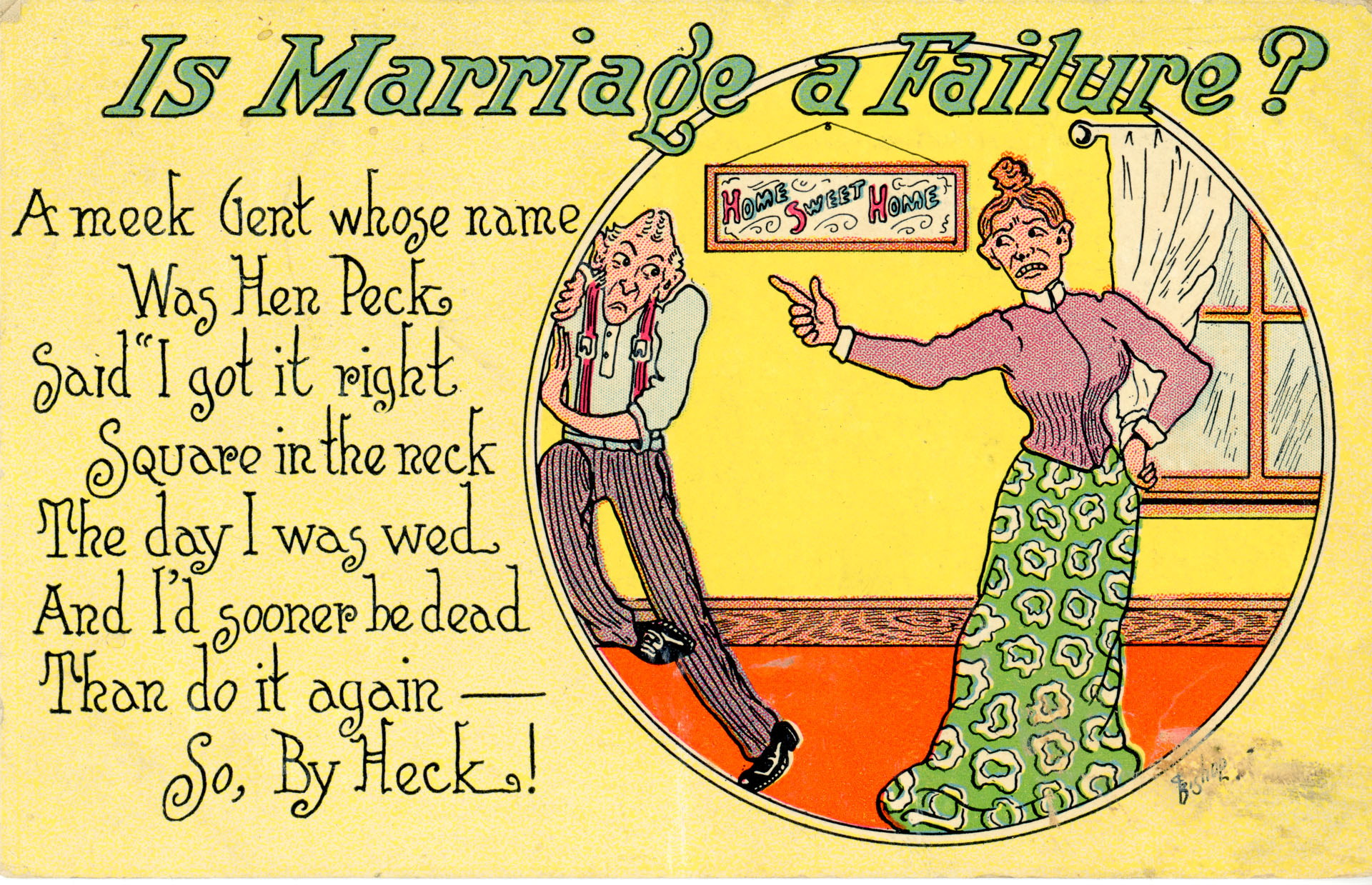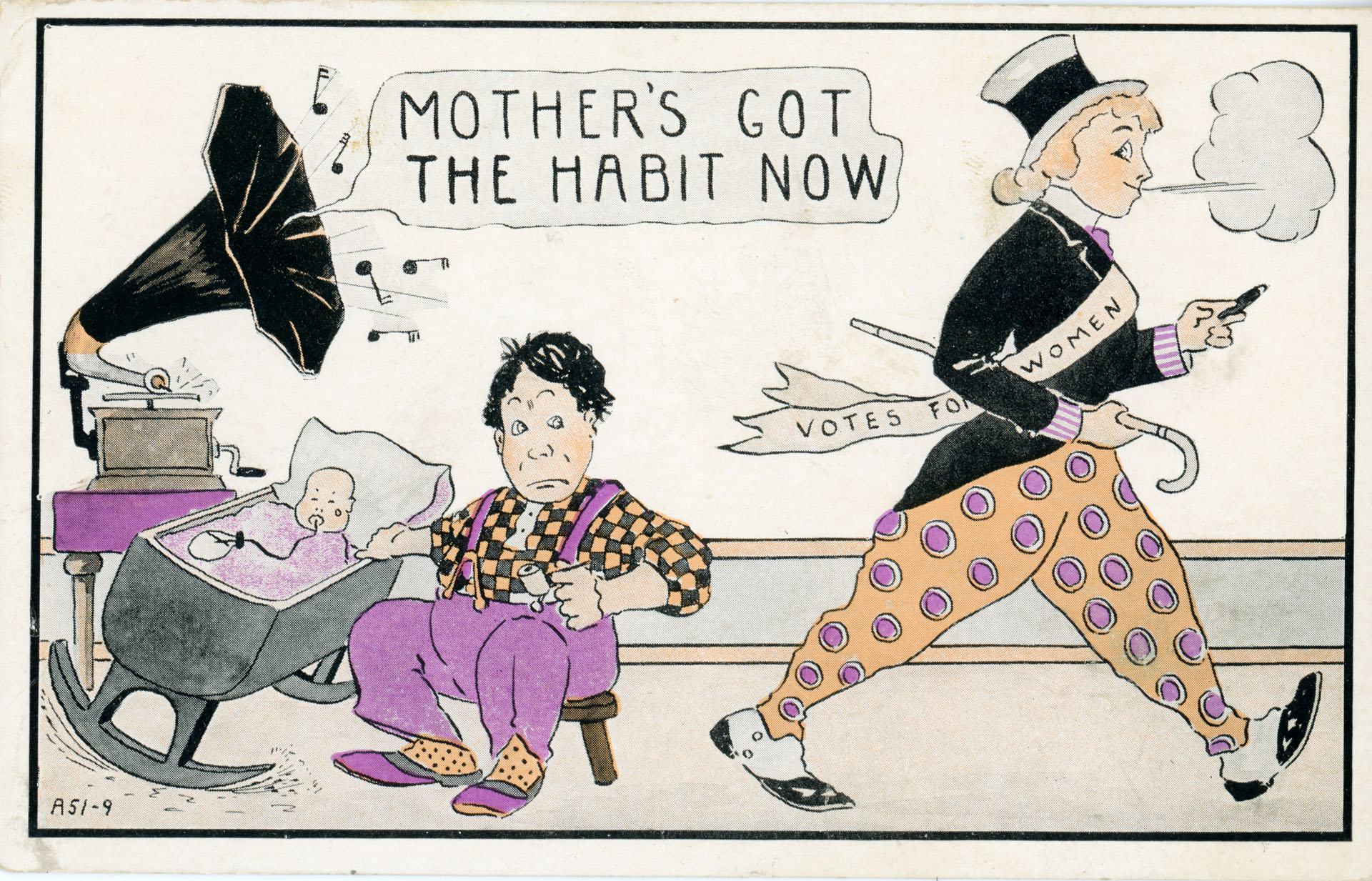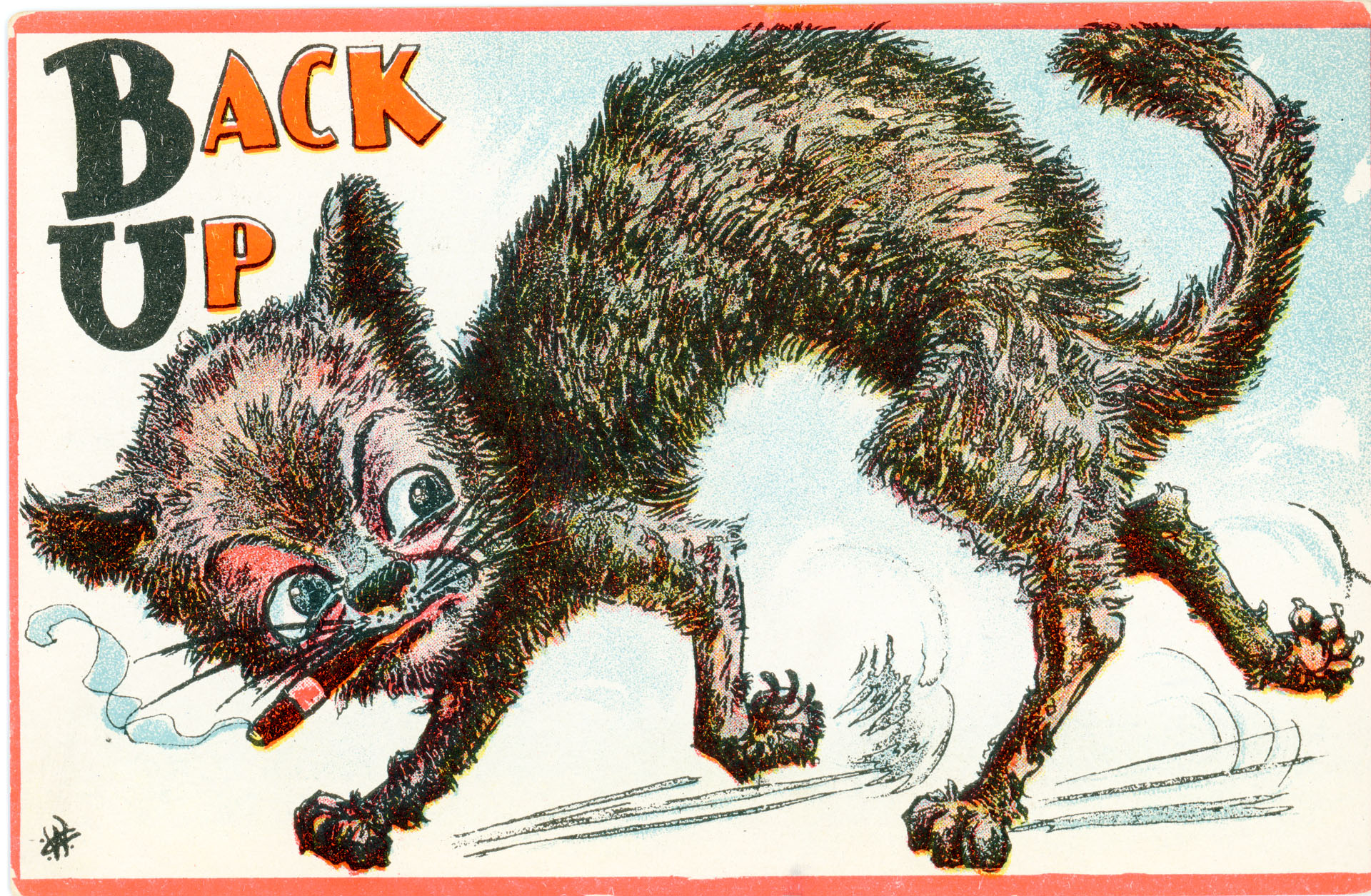

After the American Revolution, European ideals about gender roles lingered, influencing the new nation’s view of women. “Proper” womanly values, such as piety, purity, and submission, were favored, and women were encouraged to exercise these qualities within the domestic sphere. “Republican motherhood”–the concept that women benefit society holistically through the birth and rearing of active (preferably male) citizens–provided a chance to establish some, albeit limited, societal value but did nothing to aid their enfranchisement.
Fundamentally, American women of the late 1700s, whether white or Black, had no legal rights.
As women began to recognize that intersectional reform was needed, national movements for woman suffrage and against slavery grew in tandem. The movement to gain votes for women culminated in Tennessee in dynamic fashion. This is its story.




